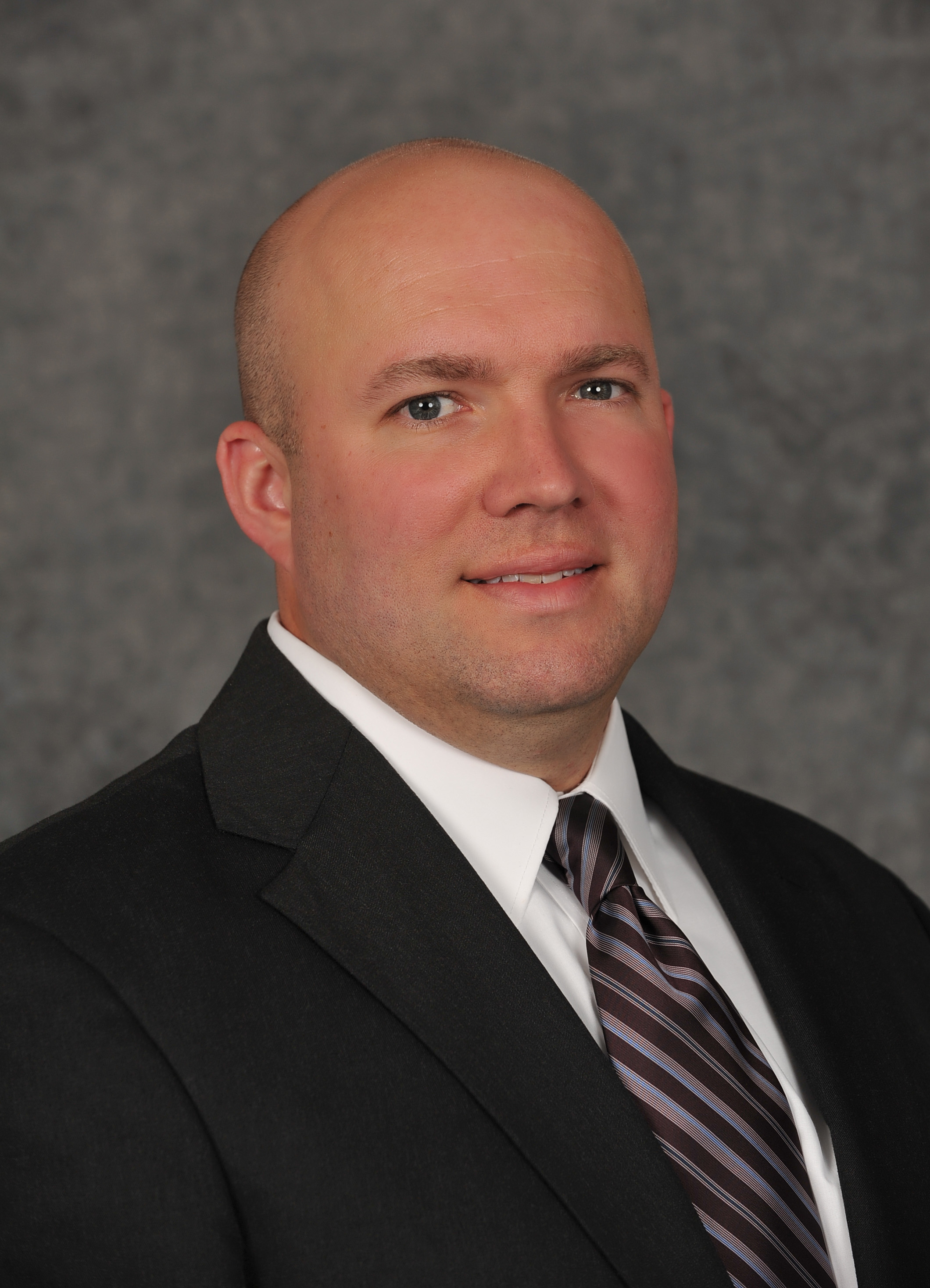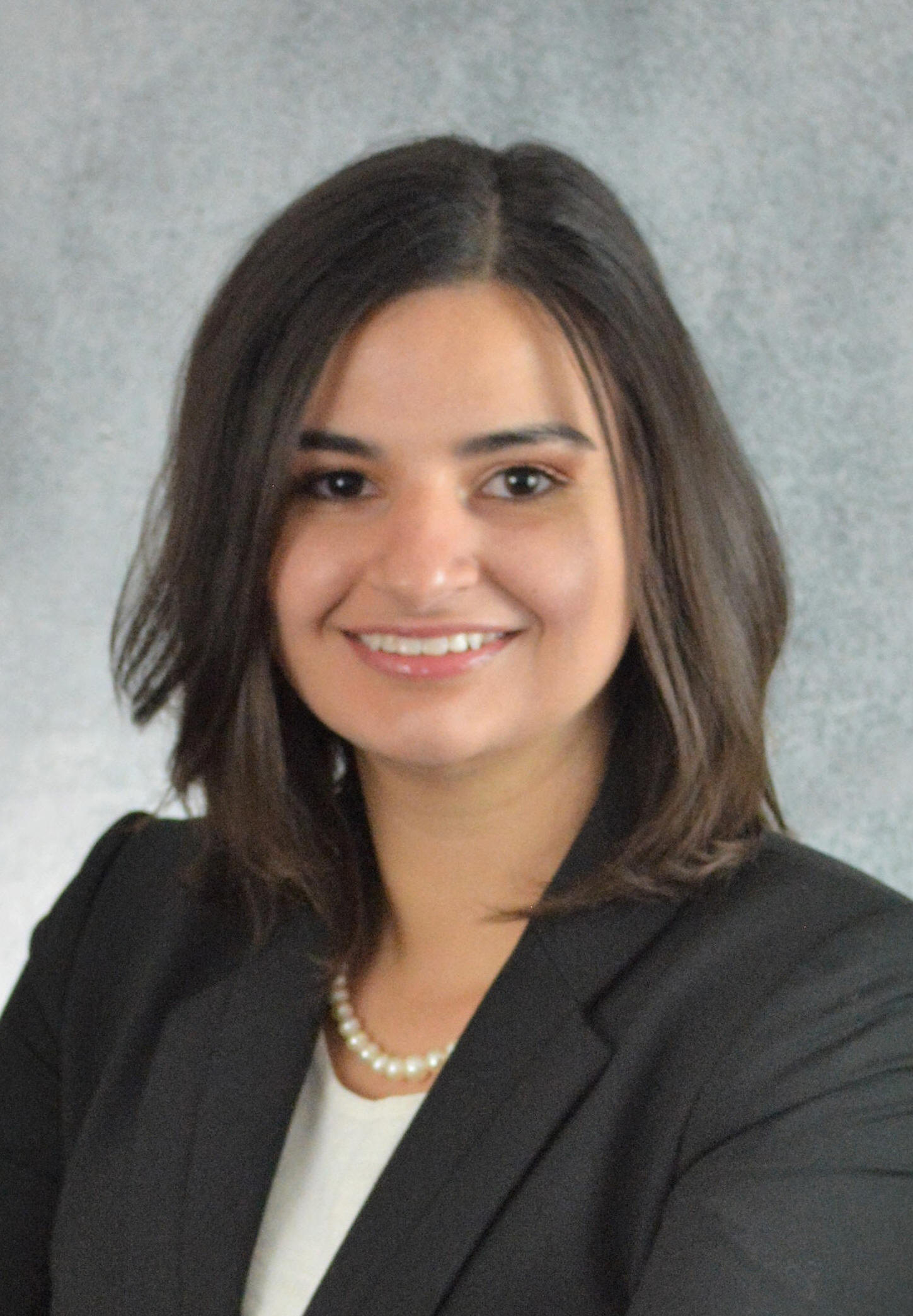Michael
Beckett, Esq.,
Associate Director,
Research Services

CALIFORNIA:
The legislature presented a bill to Gov. Gavin Newsom
relating to online filing and disclosure of specific statements,
reports, and other documents. Assembly Bill 2151 requires a
local government agency to post on its internet website, within
72 hours of the applicable filing deadline, a copy of any
specified statement, report, or other document required by
Chapter 4 of the Political Reform Act filed with the agency in
paper format. The statement, report, or other document must be
made available for four years from the date of the election
associated with the filing.
CHICAGO, ILLINOIS: The Board
of Ethics announced it will begin enforcing Ordinance 2-156-309
on October 1. The ordinance prohibits state and local elected
officials from lobbying City Council or any city agency,
department, board or commission. In a press release announcing
enforcement of the ban, the board indicated it had been
monitoring compliance and delayed enforcement of the ordinance,
which took effect April 14, because a proposal submitted to City
Council by Mayor Lori Lightfoot would have affected at least one
lobbyist. The board indicated sufficient time has passed and it
has confirmed there will be no changes to the ordinance.
FLORIDA: Leon County
commissioners have approved an ordinance updating the county’s
lobbying regulations. The new ordinance updates the registration
and reporting process by removing the notary requirement and
developing an online registration form. The ordinance also
defines a clear process for enforcement and adds new penalties
for violations of the lobbyist regulations. A public hearing
will be held on the new ordinance on October 13.
MONTANA: A federal judge
upheld an executive order by Gov. Steve Bullock requiring
companies to report political spending if they want to bid on
large state contracts. U.S. District Judge Charles Lovell ruled
the Illinois Opportunity Project did not have the legal standing
to challenge the governor’s 2018 order requiring reporting of
contributions even to so called dark money groups. Under
Bullock’s order, companies submitting bids for contracts valued
at more than $25,000 for services or $50,000 for goods must
disclose two years’ worth of political spending if the spending
exceeds $2,500. The order allows Montana to bring transparency
to spending by groups classified as social welfare organizations
under the federal tax code.
SASKATCHEWAN, CANADA: The
threshold for registration as an in-house lobbyist will soon be
lower. Bill 195, The Lobbyists Amendment Act, 2019, which
received Royal Assent this summer, will come into force once the
order of the Lieutenant Governor in Council is given. The bill
reduces the threshold for registration as an in-house lobbyist
from 100 to 30 hours and prohibits gifts to public office
holders from lobbyists, except for certain gifts associated with
the office valued at less than $200. Additionally, Bill 195
makes an exception to the Lobbying Act for persons acting in
their official capacity as officers, directors, or employees of
a non-profit organization, association, society, coalition, or
interest group having both a charitable purpose and fewer than
five employees, if the lobbying activity performed by the
officers, directors, and employees combined is less than 30
hours annually.
Joanna
Kamvouris, J.D.
Manager,
Research Services
 Fort
Collins, Colorado City Council Approves New Campaign Finance
Amendments Fort
Collins, Colorado City Council Approves New Campaign Finance
Amendments
Fort Collins City Council approved two ordinances for final
passage on September 15, creating several campaign finance
changes for city elections. Ordinance 112-2020 includes limits
on how much individuals can contribute from limited liability
corporations (LLCs) and establishes limits to political
committees. Ordinance 109-2020 eliminates non-itemized
contributions; allows city election candidates to use unspent
campaign funds in future elections; and reduces the penalty for
many lower-level campaign finance violations from a criminal
misdemeanor to a civil penalty.
Ord. 112
Current code allows LLCs to donate the same amount as
individuals: $75 to a council candidate committee and $100 to a
mayoral candidate committee. As one person can be a member
of multiple LLCs, people could bypass individual donation limits
by donating through various LLCs. Election finance records show
this has happened in previous city elections.
The amendment will bring LLC limits into alignment with the
state election code, which requires
donations from LLCs to include statements attributing the
donation to specific LLC members and counting toward the
members’ individual donation limits.
The political committee amendment will place a $100 cap on
donations to political committees. There is currently no limit
on contributions to political committees.
Ord. 109
The current non-itemized contribution standard requires all
contributions worth $20 or more to be documented. Under the new
rule, all contributions including in-kind contributions of any
amount would need to be documented.
The ability to use unspent campaign funds in future non-city
elections allow a person who collects
candidate committee funds during a run for city office to later
use the money in a future run for federal, state, or county
office. This change is created for candidate committees
established after January 1, 2021.
Reducing penalties for lower-level campaign
finance violations from a misdemeanor to a civil infraction will
give alleged violators a period of seven days to pay a fine or
submit evidence the violation has or will be corrected.
Ordinances 112-2020 and 109-2020
were approved for final passage on September 15 and are
effective September 25.
[The details for this article are updated on our website in the
Contributions and the Penalties and Remedies sections of the
U.S. Campaign Finance Compliance Laws and the U.S. Procurement
Lobbying Compliance Laws for Fort Collins, Colorado.] |